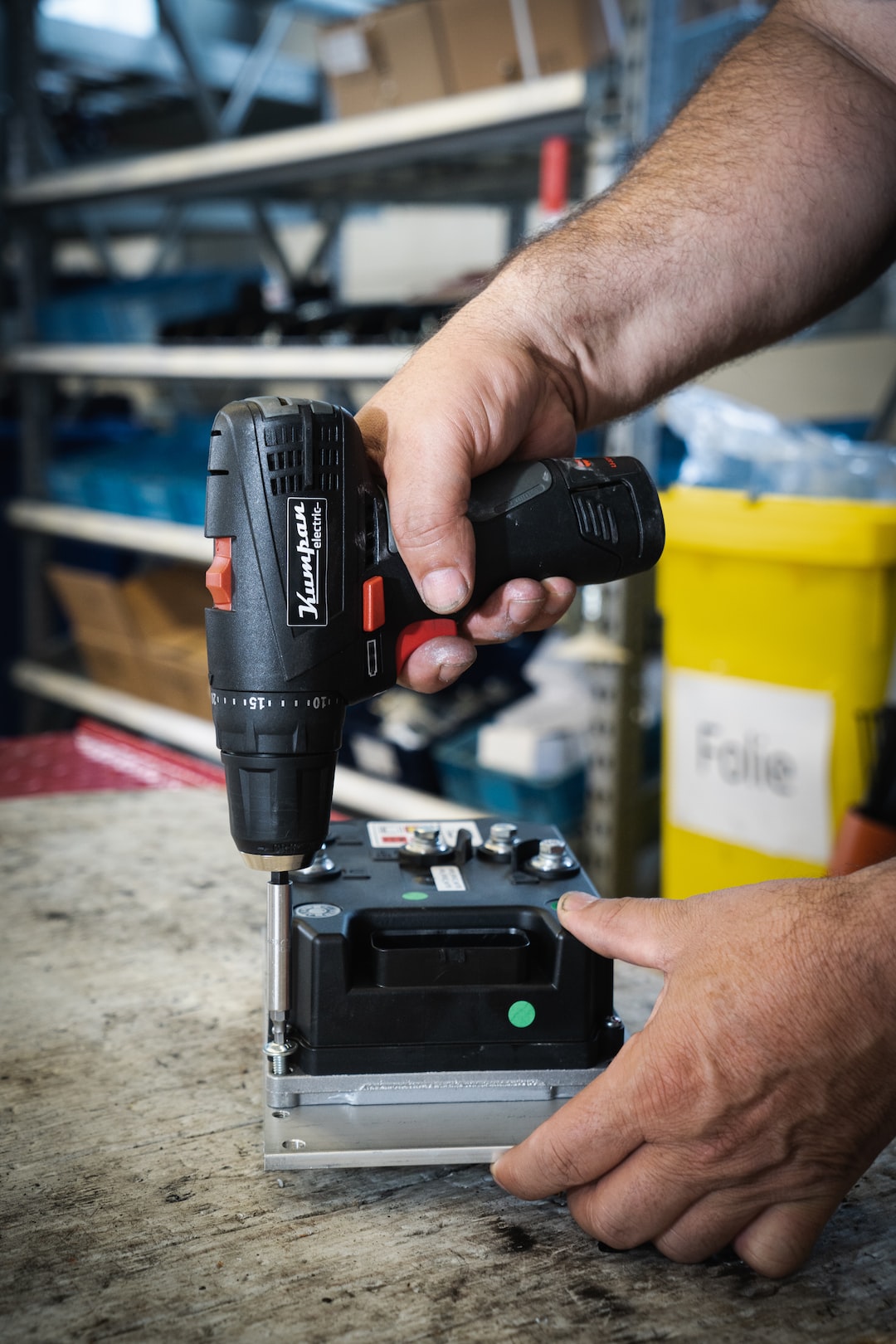Effective Inventory Management in Manufacturing: Strategies and Best Practices
Inventory management plays a crucial role in the success of any manufacturing business. An effective inventory management system ensures that the right stock is available at the right time, in the right quantity, and at the right cost. It enables manufacturers to meet customer demands, minimize stockouts, reduce costs, and maximize profitability. In this blog post, we will discuss some strategies and best practices for effective inventory management in manufacturing.
1. Set an optimal inventory level: One of the key steps in effective inventory management is setting an optimal inventory level. This involves calculating the economic order quantity (EOQ) and determining the reorder point. The EOQ helps manufacturers determine the ideal order quantity that minimizes holding and ordering costs. Reorder point, on the other hand, indicates when it is time to reorder a particular item to avoid stockouts. By setting the right inventory level, manufacturers can ensure that they have enough stock to meet customer demands without excessive carrying costs.
2. Adopt demand forecasting: Accurate demand forecasting is essential for effective inventory management in manufacturing. By analyzing historical sales data, market trends, and customer demands, manufacturers can predict future demand patterns. This enables them to adjust their inventory levels accordingly and avoid overstocking or understocking situations. There are various forecasting methods available, such as moving average, exponential smoothing, and regression analysis, which manufacturers can use to make informed inventory decisions.
3. Implement Just-in-Time (JIT) Inventory: JIT inventory management is a strategy where manufacturers only order or produce items as they are needed in the production process. This approach helps to minimize inventory holding costs and reduces the risk of obsolete inventory. By closely coordinating with suppliers and streamlining the production process, manufacturers can ensure that materials and components arrive just in time for production. JIT inventory management requires efficient coordination, seamless communication, and strong relationships with suppliers.
4. Use inventory management software: In the age of digitalization, inventory management software has become an invaluable tool for manufacturers. These software solutions offer real-time visibility into inventory levels, automate order processing, track sales, and provide accurate forecasts. By using inventory management software, manufacturers can streamline their operations, improve efficiency, and make data-driven decisions. These software solutions often integrate with other business systems such as accounting and customer relationship management (CRM) to provide a comprehensive overview of the entire supply chain.
5. Conduct regular inventory audits: Regular inventory audits are critical to maintaining accuracy and identifying discrepancies in the inventory records. These audits involve physically counting and comparing the stock on hand with the records. By conducting regular audits, manufacturers can identify and rectify issues like theft, overstocking, or inaccurate record-keeping. This helps to maintain inventory accuracy, prevent stockouts, and ensure that the manufacturing process runs smoothly without interruptions.
6. Establish effective supplier relationships: Building strong relationships with suppliers is vital for effective inventory management in manufacturing. Timely delivery of raw materials and components is crucial to ensure uninterrupted production. Maintaining open lines of communication, negotiating favorable terms, and building trust are important for successful supplier relationships. By establishing good relationships with suppliers, manufacturers can mitigate the risk of stockouts, maintain consistent quality, and negotiate better pricing.
In conclusion, effective inventory management is a crucial aspect of manufacturing business operations. By implementing strategies such as setting optimal inventory levels, adopting demand forecasting, using JIT inventory management, leveraging inventory management software, conducting regular audits, and establishing effective supplier relationships, manufacturers can streamline their operations, reduce costs, and maximize profitability. In today’s highly competitive market, effective inventory management can be the key differentiator that sets a manufacturing business apart from its competitors.
